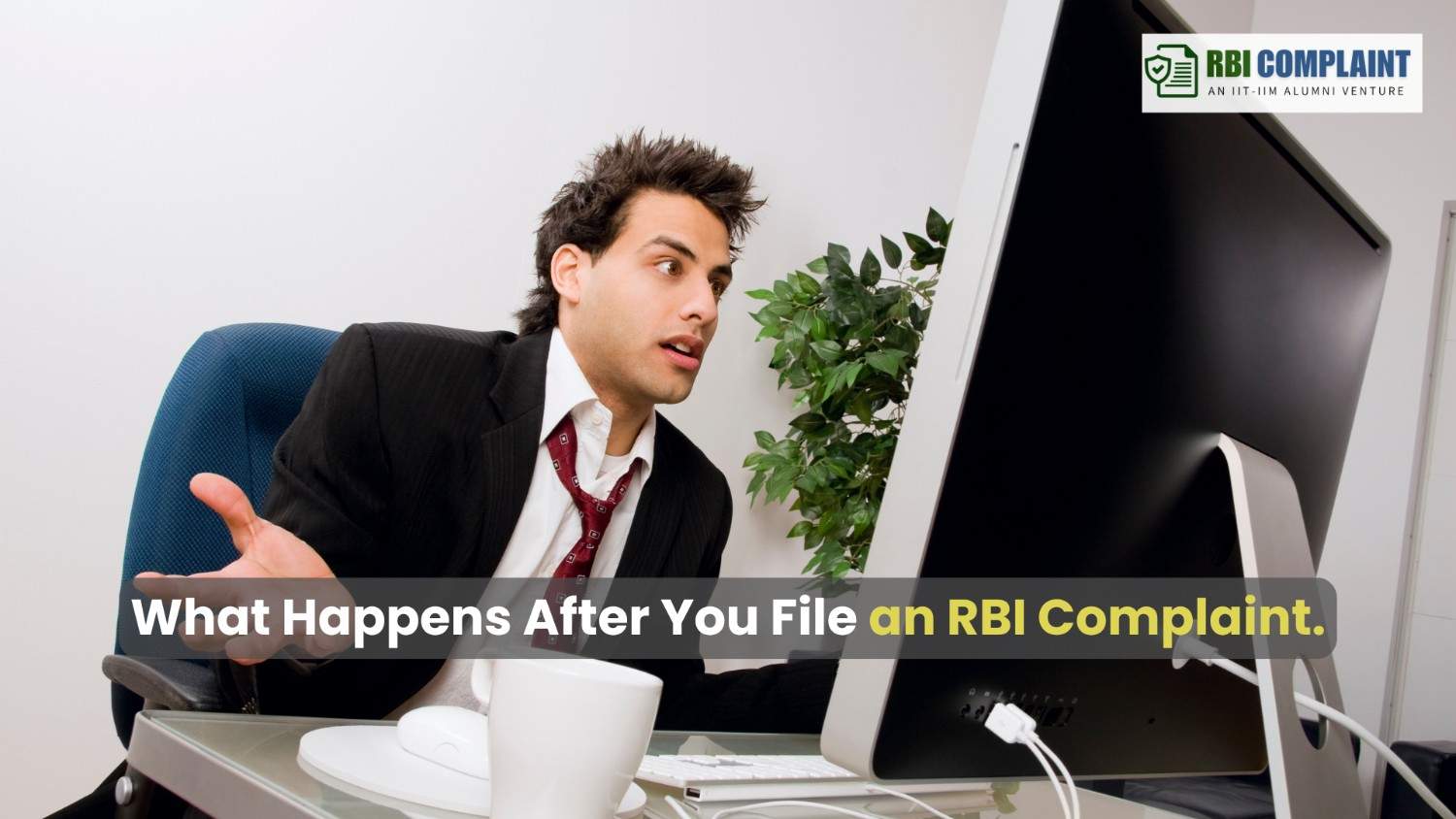
What Happens After You File an RBI Complaint?
Wondering what happens after you file an RBI complaint? Learn the step-by-step process, resolution timelines, escalation options, and possible outcomes in this detailed guide.

Wondering what happens after you file an RBI complaint? Learn the step-by-step process, resolution timelines, escalation options, and possible outcomes in this detailed guide.
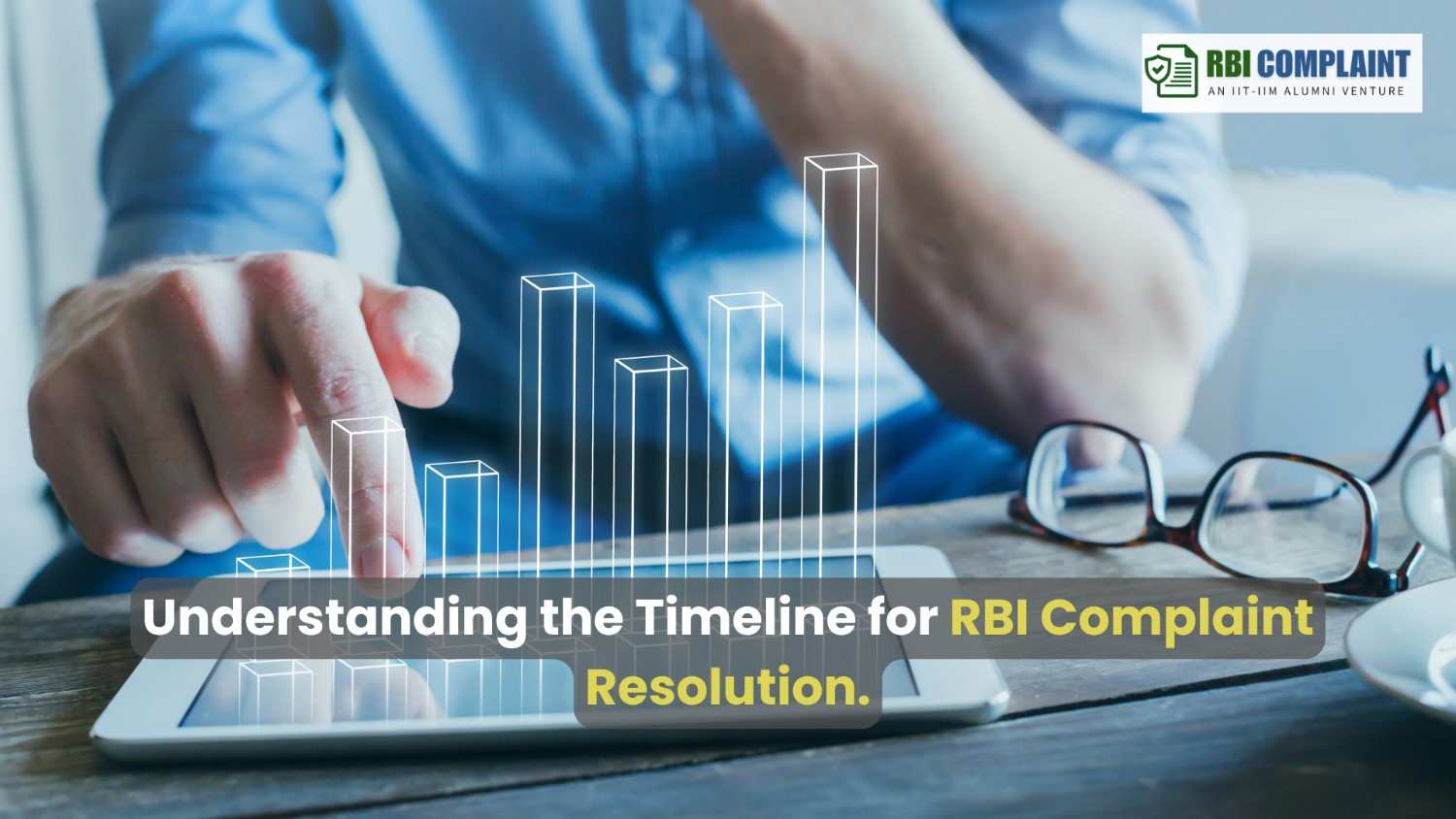
Learn about the RBI complaint resolution timeline, including how long it takes to address banking grievances, the process involved, and what steps you can take for faster resolution.
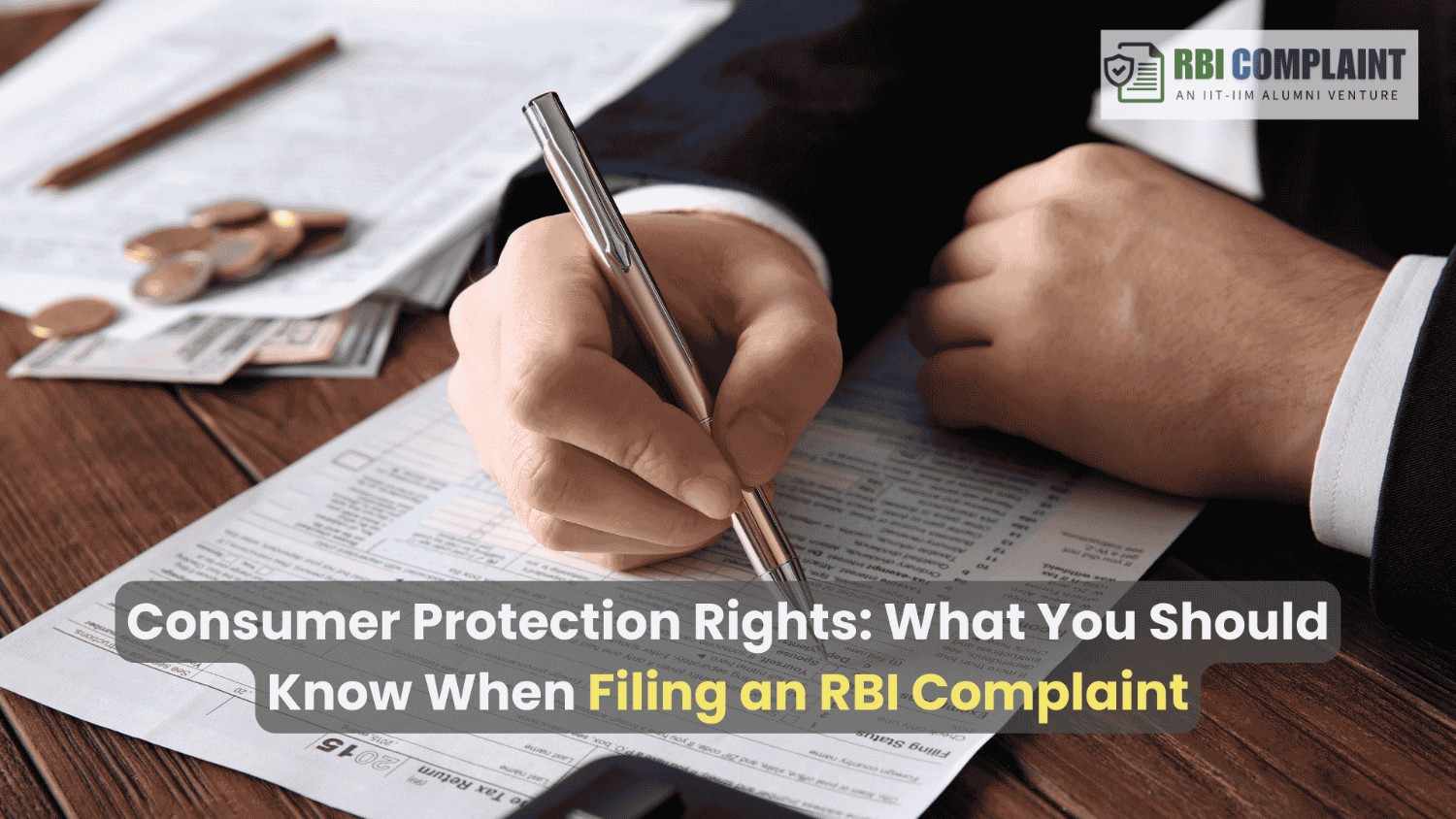
Understand your consumer protection rights when filing an RBI complaint. Learn the steps to resolve banking issues and protect yourself from fraud.
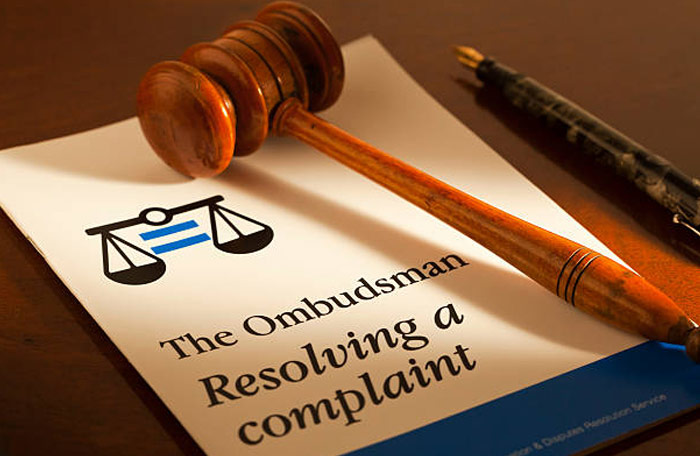
Yes, the Banking Ombudsman has the authority to reject a complaint under certain circumstances. While the Ombudsman’s primary role is to resolve complaints and facilitate a fair resolution between the complainant and the bank or NBFC, there are situations where a complaint may be rejected. Some of the reasons for rejection include:
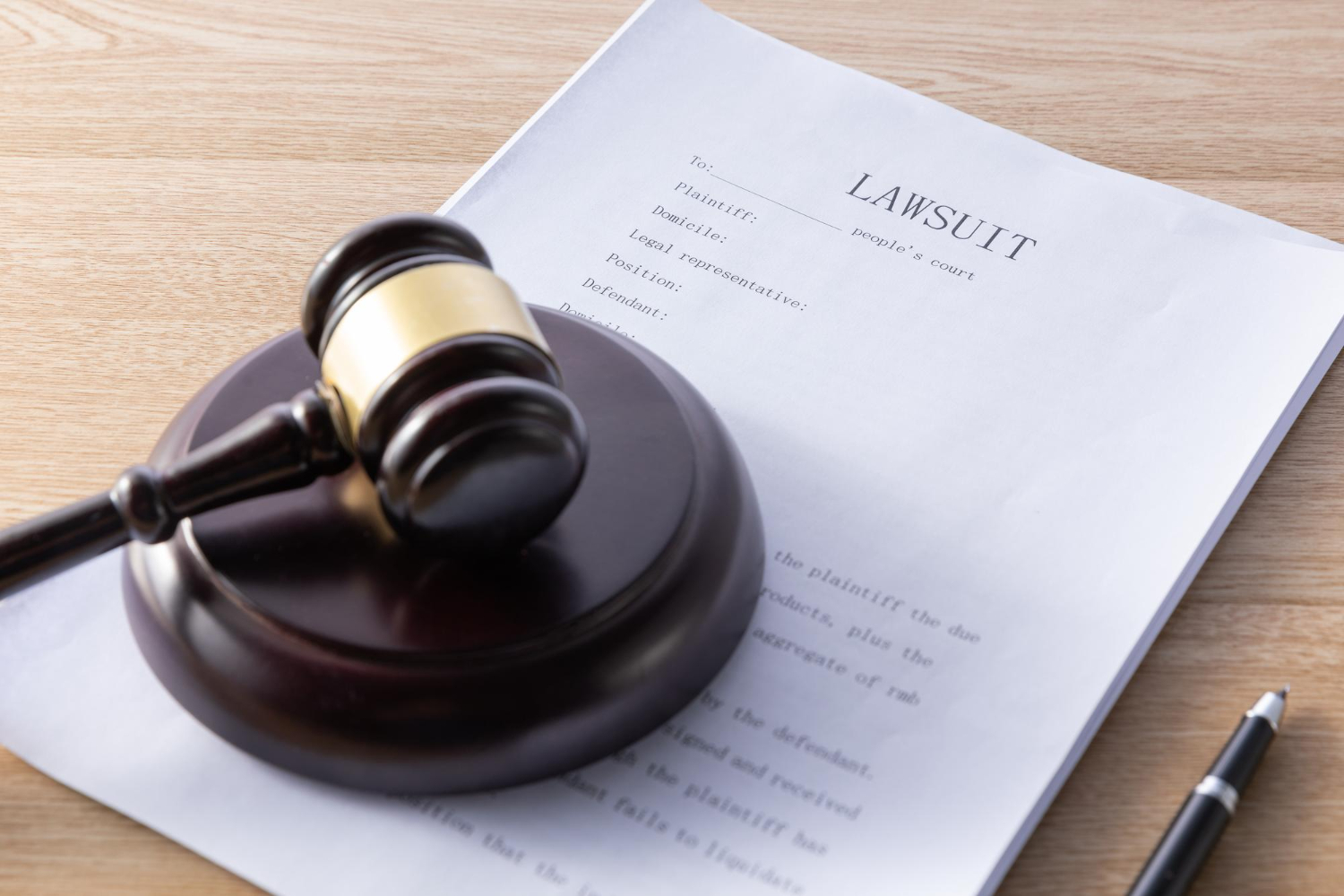
Banks and Non-Banking Financial Companies (NBFCs) are vital pillars of our financial system, serving as essential intermediaries for various financial services. While these institutions strive to maintain ethical practices, there might be instances where consumers face issues that cannot be resolved through regular channels. In such cases, the question arises: Can we take legal action against a bank or NBFC? Let’s explore the circumstances under which legal action is possible and the steps to follow in seeking justice.
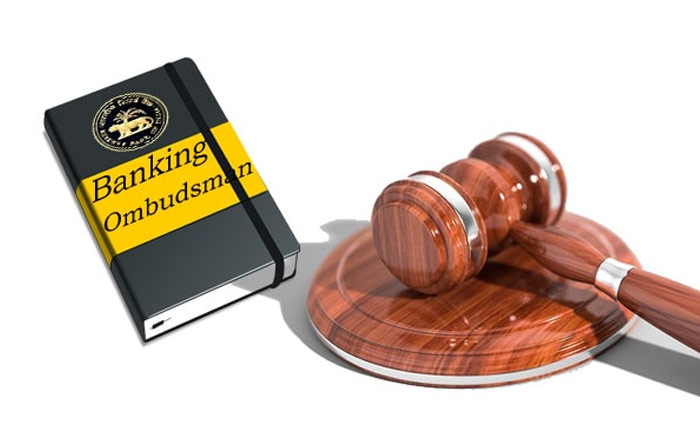
The RBI Integrated Ombudsman Scheme 2021 is a framework introduced by the Reserve Bank of India (RBI) to enhance and streamline the grievance redressal mechanism for customers of banks and Non-Banking Financial Companies (NBFCs). The scheme consolidates and replaces the earlier separate Ombudsman schemes for banks and NBFCs, aiming to provide a unified and efficient platform for complaint resolution.